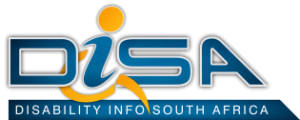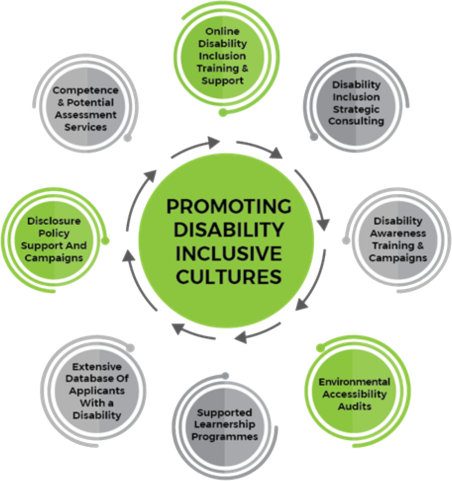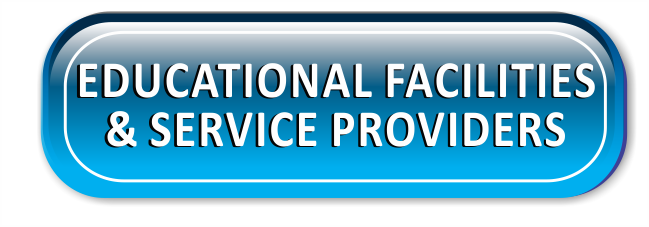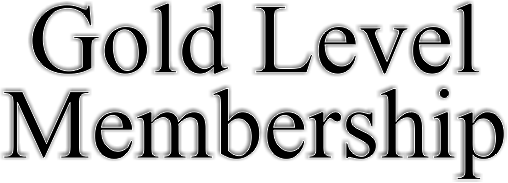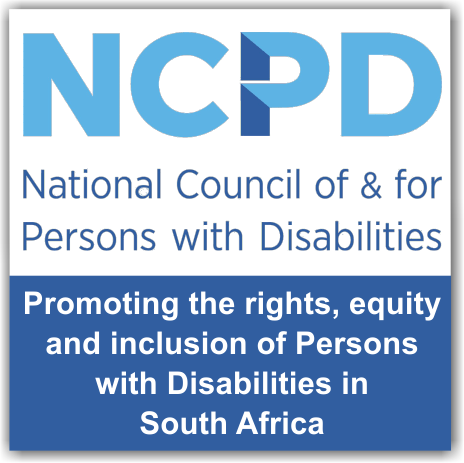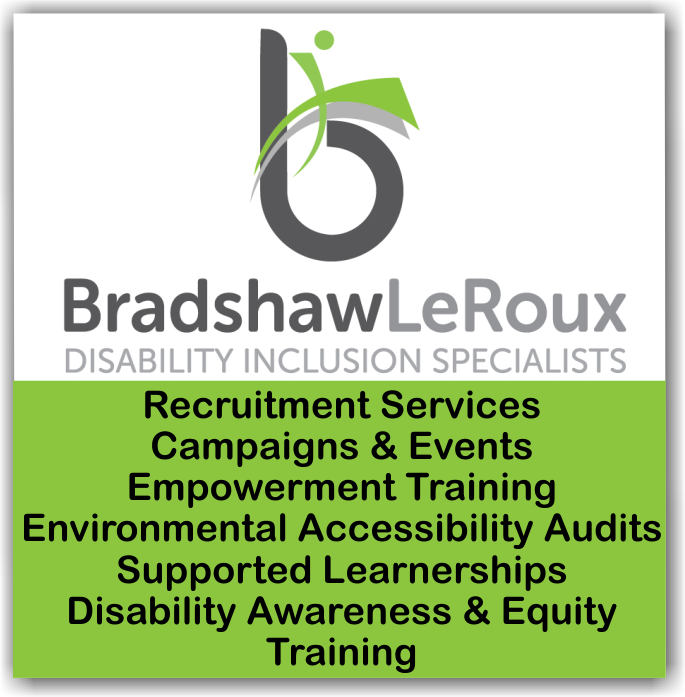Education For All
Contents: To jump to the topic you would like, click on the links below
Introduction
Persons with disabilities constitute approximately 15% of the world's population, a significant proportion of these individuals live in low- and middle-income countries where unemployment rates for persons with disabilities can be as high as 60 to 90%. Results of a study in 2013 on the economic well-being of persons with disabilities, indicated that there was a clear link between disability and poverty due to many persons with disabilities having a lower education which led to a lower participation in the workforce and therefor living in poverty.
DiSA believes that it all starts with Education, we need to drive "Education for All", we believe that it is essential that adults with disabilities are able to further their education and that children should have access to a good quality education and that the environments in schools and in all education programmes are conducive to all children receiving the same standard of education.
The children and youth are the future of South Africa, but according to the South African Department of Basic Education 489 036 children with disabilities of a school going age are not attending any school at all, while an article published in 2018, an estimated 600,000 children with disabilities still remain out of school in South Africa.
It is clear that there are discrepancies in the statistics that are available but that there is a serious issue and that inadequate education can lead to large public and social costs in the form of lower income and poor economic growth, reduced tax revenues, and higher costs of health care, social security, and in certain situations increased crime.
Education Rights For Persons With Disabilities
According The Constitution of the Republic of South Africa, which was published in 1996.“Everyone is equal before the law and has the right to equal protection and benefit of the law." Equality includes the full and equal enjoyment of all rights and freedoms, including the right to an education. Education rights are contained in section 29 of the South African Constitution.
In terms of section 29 everyone has the right to a basic education, including adult basic education; and to further education, which the state, through reasonable measures, must make progressively available and accessible. As can be seen from the statistics above, this unfortunately does not carry through in reality, as it is clear that many children with disabilities are still not attending school and many adults with disabilities are not able to get jobs due in part to their level of education.
Children with disabilities pay school fees and costs that children without disability are not asked to pay. Mainstream schools are often not accessible which forces many children to be enrolled in Special schools which have expensive fees for families living on grants or earning a small income. Public transport is generally not accessible for many persons with disabilities and is also not reliable, therefore forcing many parents to keep their children at home, as they cannot afford these extra costs of specialised transport. This intern makes it difficult for the parents to earn an income, as they need to stay at home and look after their children.
Types of Schools & Schooling
The Department’s Inclusive Education Policy, set out in Education White Paper 6, states that the provision of schooling for children with disabilities may occur in mainstream schools for moderately disabled learners, full-service schools which are specially adapted mainstream schools and special schools which are exclusively for learners with severe disabilities. In order to implement the policy, the government has adopted an incrementalist approach in the provisioning for special needs schools.
According to government data provided in 2015, nearly 121,500 learners with disabilities were in “ordinary” schools, over 119,500 learners were enrolled in special schools and, in 2017, close to 11,500 children with disabilities were on waiting lists to enroll in special schools. Some persons with disabilities are also home schooled and as mentioned above, approximately 600 000 learners were not in school.
Inclusive Education
Every child has a right to Inclusive Education, Inclusive Education means that all children should learn together in the same schools. Inclusive Education is an education system that includes all students, and welcomes and supports them to learn, whoever they are and whatever their abilities or requirements are. To ensure that this is possible, the the curriculum, school buildings, classrooms, play areas, transport and toilets should therefore all be appropriate for all children at all levels.
School buildings should therefore include compliant Ramps; Accessible Bathrooms which include grab rails, lever taps; an Elevator or Stair Lift for those schools that have different levels of classrooms; The stage would need to be accessible and Desks in the classrooms should accommodate a wheelchair from a space and a height perspective. Assistive Devices should be made available for the learner. Lack of Accessible and reliable Public Transportation and expensive Transport Services is a huge barrier to Inclusive Education, as well as a lack of understanding by the school principal, teachers, or school board on the many difficulties that children with disabilities and their parents face on a daily basis. Events, outings and school functions need to be planned to be accessible and inclusive to children and teachers with disabilities.
By government not ensuring that all schools are accessible and providing the support for the schools to become accessible leads to many schools not wanting to accept children or teachers with mobility impairments and when pupils are injured while still attending an inaccessible school, the pupil has to change schools, which is then even more disruption for the child, as they may also experience isolation due to the loss of support structures from friends from their previous school as well.
The UN Convention on the Rights of Persons with Disabilities (CRPD) recognizes the right to inclusive education for all persons with disabilities. Inclusive Education benefits both children with disabilities and society in general. It improves learning for all children, both those with and without disabilities. It promotes understanding, reduces prejudice and strengthens social integration, while also ensuring that children with disabilities are equipped to work and contribute economically and socially to their communities.
Special Needs Schools
A Special Needs School is one that is segregated from a regular school. It can be non-public, meaning that it is privately run but publicly funded, or it can be a private school, either for profit or non-profit. Special Needs Schools serve many students with different types and severities of learning disabilities, challenges or other disabilities that interfere with learning. They provide support that's not normally provided in general education programs. These schools and programs tailor learning to address each child's unique combination of needs.
The following website gives a breakdown of the various special needs schools in each province:
- www.southafricanschools.net
- www.Briefly.co.za - List of Special Needs Schools
- www.schoolguide.co.za - Special Needs Schools
- LSEN Schools in Gauteng - Pdf.
Homeschooling
Homeschooling is an emergent form of learning which continues to gain popularity and is now legal in South Africa. Some form of Homeschooling was experienced by many parents and children during the Covid-19 lockdown. Homeschooling is not for everyone but can solve various problems experienced by children with disabilities who attend both Inclusive Schools and Special Schools.
Homeschooling is flexible and is ideal for those students who learn differently than others. Students with special needs may have learning delays or behavior challenges, or they may work on a level that is different from their peers. The Homeschool environment would be accessible to children using Mobility Aids, which many schools are not, it also allows students to use accommodations that help them learn or perform best. Students with handwriting issues or dysgraphia can use a keyboard to complete their assignments. Children who struggle with distraction or attention issues can use stress balls or other fidgets to help them pay attention or even walk about the room while discussing a topic. Children who have sensory issues that are often challenging in the school environment can perform exceptionally well in a home classroom with dim lighting, soft rugs, comfortable clothing, or even working in a bean bag chair.
Protective Workshops
Protective Workshops are safe, disability-friendly environments providing opportunities for persons with disabilities from the local community to develop and improve their skills and to earn an income through the products that they make to supplement their disability grants.
Services provided by Protective workshops include but are not limited to:
- Skills development such as life-skills, work-skills as well as entrepreneurial development.
- Psycho-social and other support services
- Empowerment and other capacity building programmes
- Contract work, which may be available at some protective workshops
There are a wide variety of Protective Workshops that are available throughout South Africa and are provided by various organisations, these include:
Please see the contacts on the websites or PDF documents attached and contact them directly, or Contact Us if you require anything further.
Learnerships
Our schooling system in SA is not inclusive of learners with a disabilities and many Special Needs Schools are under-resourced and not able to support learners until Matric. We need to challenge this, and promote Inclusive Education as much as possible. There are however bridging programs, or entry level NQF Learnerships that offer a matric equivalent to try and get this matric, as many companies have a policy whereby all potential employees, no matter what the role, must have a minimum of a matric qualification. This also applies to most learnership opportunities. Learnerships are work based learning programmes that leads to an NQF registered qualification. Learnerships are directly related to an occupation or field of work, such as, electrical engineering, hairdressing or project management. Learnerships are managed by Sector Education and Training Authorities (SETAs). There are various companies and organisations such as The National Council of and for Persons with Disabilities (NCPD); Bradshaw LeRoux Consulting, QASA and SpecCon Holdings, who recruit for these learnerships. Please contact them to find out more, or read the information below.
Companies & Organizations That Can Assist
Historically, persons with disabilities have been prevented from gaining basic and further qualifications through physical and attitudinal barriers. There are however various companies and organisations such as: Higher and Further Education Disability Services Association (HEDSA); The National Council of and for Persons with Disabilities (NCPD); Bradshaw LeRoux Consulting, QASA and SpecCon Holdings, who have a number of initiatives in place to tackle and address these barriers and provide opportunities for persons with disabilities to gain skills and qualifications. Some of these solutions include Education Bursaries and facilitating skills development through internships; Employment Support through learnerships and promoting small businesses owned by persons with disabilities. They also fight for the rights for children with disabilities and promote and specialize in Education For All.
Companies and Organisations such as the National Council of and for Persons with Disabilities (NCPD), Inclusive Design, QASA and Bradshaw LeRoux Consulting specialize in Disability Integration Training and Universal Design and Access and can advise your school or Educational Facility on how to adapt your policies, building and environment to make sure that persons with disabilities have equal rights and no loss of dignity.
Higher and Further Education Disability Services Association (HEDSA)
Higher and Further Education Disability Services Association or HEDSA is an advocacy and  rights-based non-profit organisation representing disability services in Higher and Further Education Institutions in South Africa, and is recognised and endorsed by the Department of Higher Education and Training, as well as being accepted as a community of practice by Universities South Africa. HEDSA comprises of institutions of Higher and Further Education and Training, striving to ensure equal opportunities for all students with disabilities. Please feel free to contact HEDSA to find out more, you can contact Mr Sam Van Musschenbroek via Email: samvm@ufh.ac.za or visit their website at www.hedsa.org.za
rights-based non-profit organisation representing disability services in Higher and Further Education Institutions in South Africa, and is recognised and endorsed by the Department of Higher Education and Training, as well as being accepted as a community of practice by Universities South Africa. HEDSA comprises of institutions of Higher and Further Education and Training, striving to ensure equal opportunities for all students with disabilities. Please feel free to contact HEDSA to find out more, you can contact Mr Sam Van Musschenbroek via Email: samvm@ufh.ac.za or visit their website at www.hedsa.org.za
National Council of and for Persons with Disabilities (NCPD)
The National Council of and for Persons with Disabilities - NCPD is a NGO with a footprint throughout South Africa that plays a lobbying and advocacy role when it comes to the rights of persons with disabilities. "We're an umbrella body coordinating the advancement of the rights of persons with physical disabilities in accordance with the White Paper on the Rights of Persons with Disabilities, the UN Convention on the Rights of Persons with Disabilities and more. 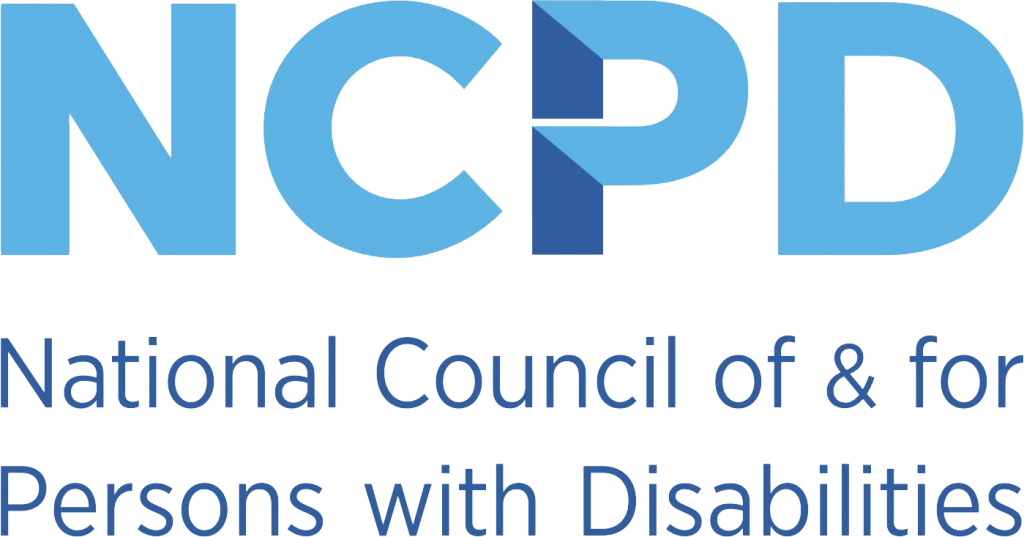
NCPD does advocacy work and services leading to an equitable and inclusive society, including Skills development. WE work extensively to promote and fight for the rights of children with disabilities focusing on addressing rights violations and promoting their rights through advocacy, lobbying and public education and awareness raising. We engage with government ministers and senior officials and collaborate with partner organisations and civil society leaders for the elimination of barriers preventing the social, educational, recreational and cultural inclusion of children with disabilities.
The cause of children with disabilities is also advanced through our prominent work on legislation and government policies. We interrogate and comment on draft policies and Bills to ensure the best interest of children with disabilities is served. We therefore contribute to the development of policies and legislation impacting the lives of children with disabilities.
Matters relating to children with disabilities that receive our attention include:
- The denial of the right of children with disabilities to an education
- The exclusion of children with disabilities from early childhood development (ECD) programmes
- Abuse and neglect in the hostels of special schools
- The non-provisioning of assistive devices by state hospitals and clinics. (Like education, providing assistive devices is a constitutional obligation of government)
- The non-involvement by the Department of Basic Education in these centres. The vast majority of children at these centres are of school going age.
Please feel free to contact us for more information via email: danie@ncpd.org.za or at Tel: +27 11 452 2774 and we will refer you to our experts in each of the nine provinces or support you from our National Office in Edenvale. You can also visit our website at: www.ncp.org.za or visit the Read More link to find out more about the Services that NCPD can provide.
Bradshaw LeRoux Consulting
Bradshaw LeRoux Consulting was established in 1998 and are recognized leaders in Disability Inclusion. We focus on sourcing, identifying, developing and retaining diverse talent within your organization. Through our range of Disability Awareness Campaigns, Stereotype Busting Training, Strategic Consulting, and On the Ground support services, we leverage the benefit of their extensive network and experience in Disability Inclusivity to create enabling and flexible business environments.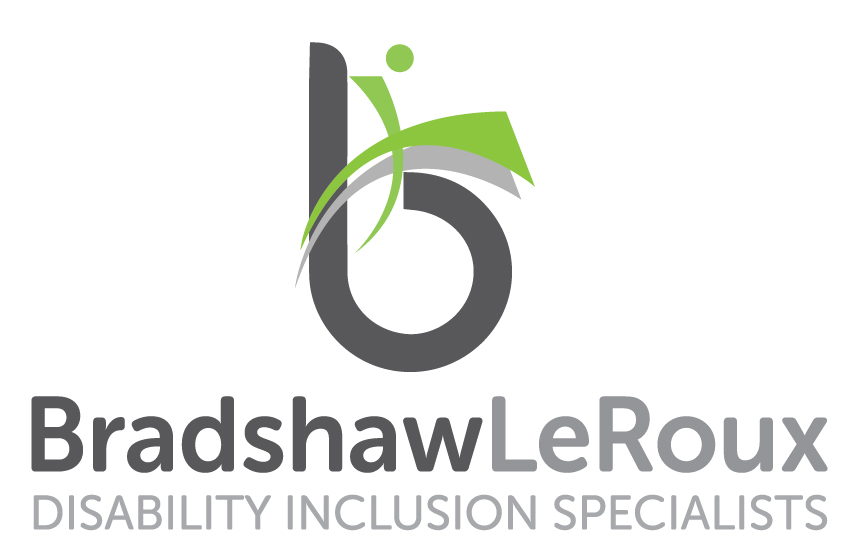
Our significant contribution to internationally recognized Best Practice principals of disability inclusion is making impact in South African organizations, with large focus being placed on Transformation and Scorecard objectives in the space of Disability Inclusion. In a nutshell, we represent both job seekers with a disability, and assist companies with including and developing people with a disability by creating a disability inclusive environment. We also offer SETA Accredited Learnership Programmes and various other services including:
Environmental Accessibility Audits: Bradshaw LeRoux Consulting conduct Environmental Accessibility Audits designed to identify environmental barriers that could hinder access for Persons with a Disability. Our consultants will review your site, note potential barriers from a functional and safety perspective, and propose cost-effective solutions which can be actioned within short, medium and longer term timeframes. Our reports are practical in nature, specific in the solutions offered, and allow for ease of use by all. Relevant to all environments, from corporate offices, manufacturing or industry sites, education facilities or hospitality environments, we can assist.
Disability Awareness Training / Equity Training: In order to develop and create awareness in the organisation for persons with a disability which aligns to the organisation’s D&I strategy, Bradshaw LeRoux have proposed a focused training approach aimed at raising awareness about disability as a value adding form of diversity. Facilitated by Lesa Bradshaw, who is a recognised international disability inclusion specialist with over 23 years experience, these practically applicable courses focus on the critical success factors needed to create a transformative, inclusive and safe environment in which persons with a disability feel confident to compete and succeed. Our training is designed to equip organisations and their stakeholders with relevant tools to drive the disability inclusion agenda with impact and effectiveness.
Bursary Management Programme: The bursary management programme is an excellent alternative for your company to invest in the Skills Development of Persons with a disability. The programme provides benefit to the Bursary recipients as they receive ongoing mentorship and assistive support during their years of study and beyond into their careers, creating future empowered, skilled talent with a disability. The programme benefits the Sponsoring company by building a talent pipeline aligned to its future needs whilst enjoying Skills Development objectives and positive brand recognition for respecting the value of disability as a form of diversity in the workplace.
ODIN: Online Disability Inclusion Network is a web-based diversity and inclusion platform which supports the transformation of an organisational culture towards being disability inclusive.
ODIN Recruit matches talent with a disability to your vacancies
ODIN Learn supports your learners with a disability, whether on or off site, to promote retention
ODIN Recruit Provides you with a cost-effective, fixed cost, ‘budget friendly’ solution in the form of a subscription-based service.
For more information, please feel free to send any queries to lesa@bradshawleroux.co.za or take a look at our website: www.bradshawleroux.co.za. You can also visit us at our Address: 4 Ironwood Way, Simbithi Eco Estate, or contact us via our Contact number: 031 765 2547.
SpecCon Holdings
At SpecCon Holdings, we're pioneering a revolution in education, and we invite you to be a part of it. As your trusted partner in eLearning excellence, we take immense pride in offering a diverse range of learnerships. These programmes serve as powerful catalysts, propelling individuals toward success in the ever-evolving job market.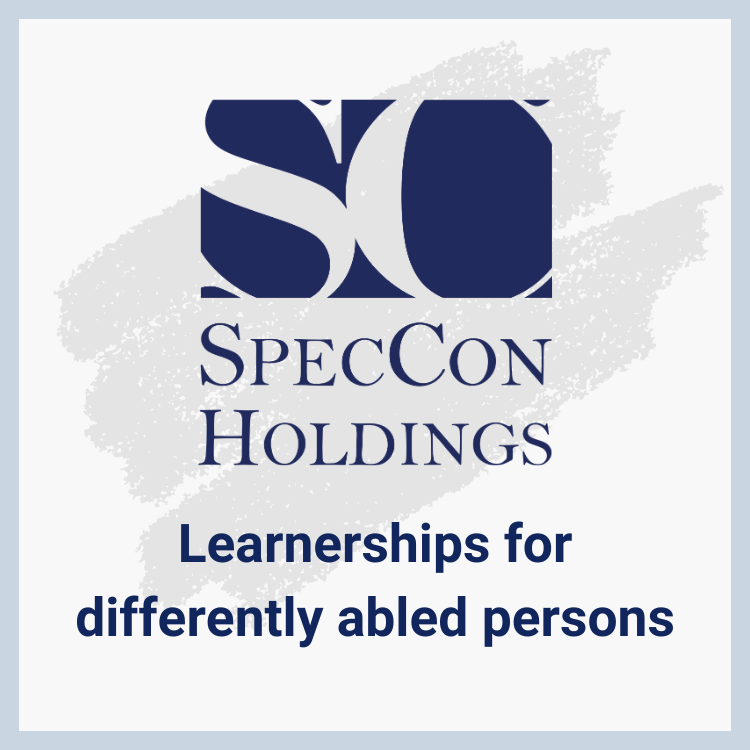
Our fundamental mission is to bridge the gap between education and employment, forging a seamless pathway that equips learners with the indispensable skills and knowledge needed for a prosperous future. In a world where learning and employment are increasingly intertwined, we recognise the pivotal role that accessible, high-quality education plays.
SpecCon Holdings stands as a beacon of opportunity, championing a dynamic approach to learning that adapts to the evolving demands of various industries. Through our learnerships, we empower learners not only to meet but to exceed demands, fostering their growth and enabling them to thrive in the professional realm.
Dedicated to nurturing a dynamic community centred around skill enhancement, our mission is to make online learning accessible and affordable for all. Our aim is to lead the charge in encouraging businesses to embrace eLearning as the foremost platform for enhancing their employees' skills and expertise.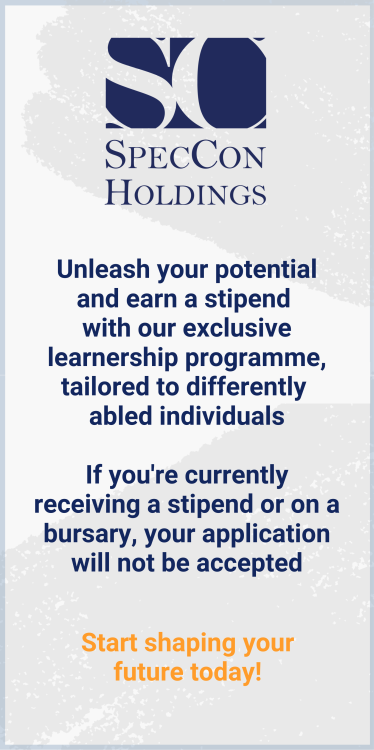
Rooted in our core values of critical thinking, innovation, and determination, our primary goal is to provide our diverse clientele with top-notch service. We aspire to be leaders in building a world where learning and development are paramount, guiding companies toward an eLearning-centred approach to employee development. Our commitment revolves around creating a community focused on upskilling, making online learning accessible and cost-effective, all while crafting a learning model that accelerates learner development.
From humble beginnings, SpecCon has evolved into a prominent learnership and training provider, along with becoming a formidable force in eLearning platform development. Today, we proudly lead the online training industry with the first MICT SETA accredited eLearning platform in South Africa. Our product range has expanded exponentially over the years, culminating in a comprehensive destination for all your learning and development needs. Our values drive us to continuously seek innovative solutions to cater to the unique requirements of our clients.
In 2020, SpecCon's horizons expanded with the incorporation of Megro Learning and Andebe Group into the SpecCon Holdings family of highly sought-after training providers. Established in 2005, Megro Learning provides and supports a wide array of training products in the Agricultural and Business sectors, while Andebe, established in 2006, is a recognised training provider in the Transport and Logistics field. The integration of Megro Learning and Andebe Group significantly advances our vision of upskilling individuals in a world where accessible learning and development are available to all. Join us on this exciting journey to success!
Contact SpecCon Holdings at: recruitment@speccon.co.za, or via: Tel: 012 667 4962, to discuss our e-Learning platform, or requirements for recruitment and Learnerships, or please feel free to visit our website at: www.speccon.co.za
QuadPara Association of South Africa (QASA)
The QuadPara Association of South Africa (QASA) is a non-profit organisation (NPO 000-881) of Quadriplegics and Paraplegics in South Africa. QASA’s mission is “to improve lives by securing resources to advocate, educate, capacitate, support and mobilize”. QASA’s vision is that “all quadriplegics and paraplegics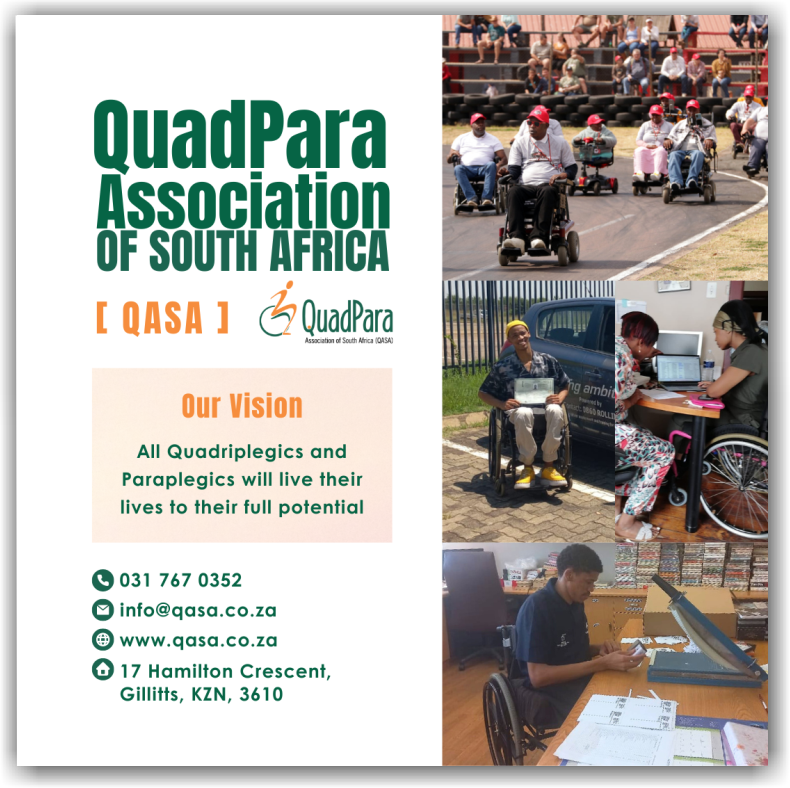 will live their lives to their full potential”. QASA develops products, programmes and services for quadriplegic and paraplegic members to build their capacity and ensure opportunities for societal integration and empowerment.
will live their lives to their full potential”. QASA develops products, programmes and services for quadriplegic and paraplegic members to build their capacity and ensure opportunities for societal integration and empowerment.
These projects include but are not limited to the Education Fund:
QASA offers Further Learning opportunities to members, to access funding for education and / or skills training at recognized and Accredited Institutions in order to become employable or self-employed.
Click on the link above to find out more about "Education and Sports Fund", or visit our Organizations - QASA Page to find out more about QASA and the other Projects and Services that they provide, or their website at www.qasa.co.za.
Learnerships Available For Persons With Disabilities
Companies and organisations in South Africa are encouraged to up-skill persons with disabilities by providing learnerships. From time to time specific types of learnerships become available, which we will list below to make the information about these jobs easily accessible to persons with disabilities. If your Company or Organizations are interested in advertising any learnerships that are available, please Contact Us to find out more. Thank You
Company Logo
Type of Learnership
Advertise learnerships here, which you have available for persons with Disabilities.
Contact Us to find out more
Company Logo
Type of Learnership
Advertise learnerships here, which you have available for persons with Disabilities.
Contact Us to find out more
